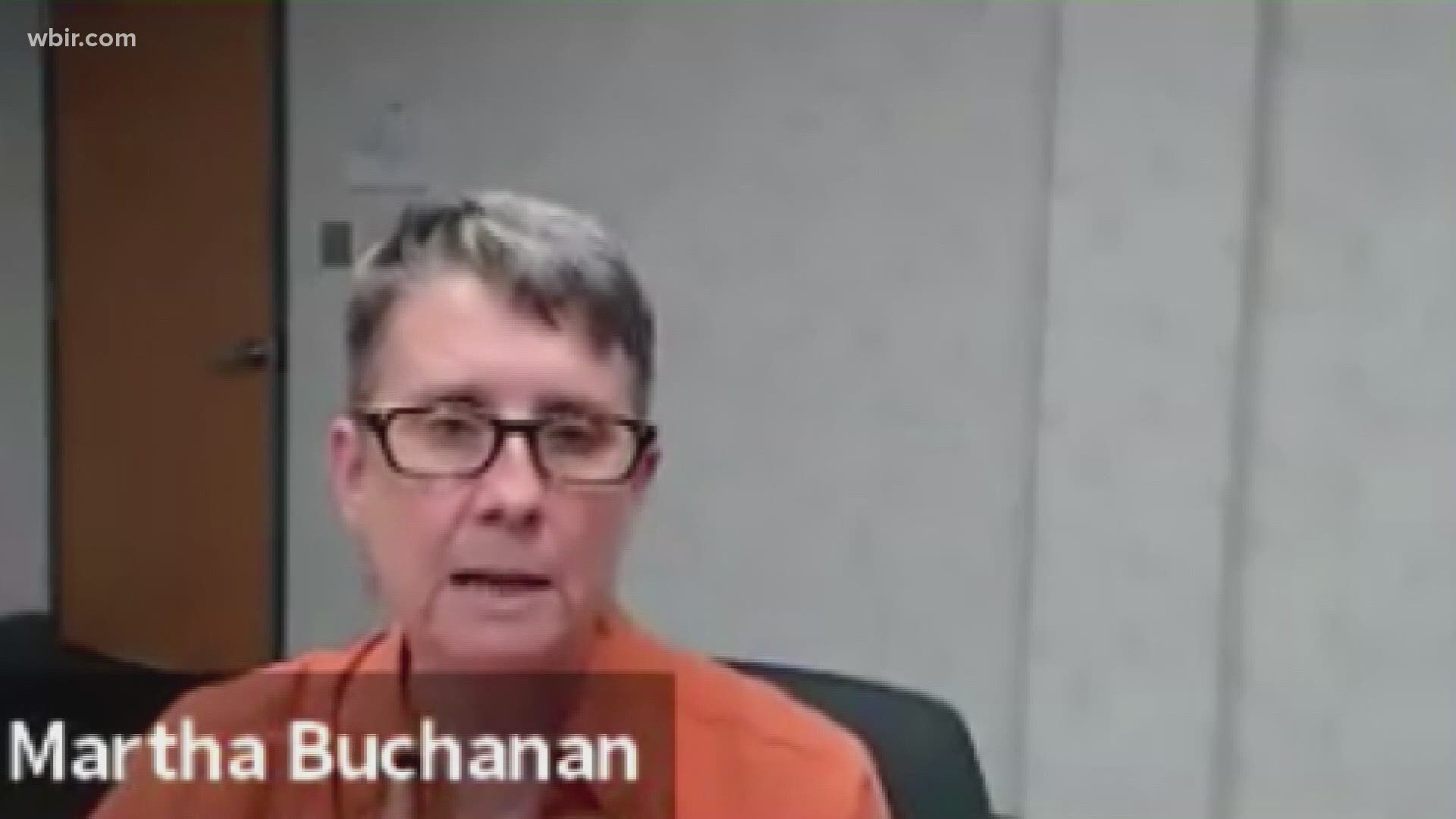KNOXVILLE, Tenn. — The Knox County Board of Health met Wednesday evening and voted 9-1 to extend the 11 p.m. alcohol curfew in Knox County to Nov. 13. Knox County Glenn Jacobs voted against extending it. They mentioned they would not want to end the curfew during the Halloween weekend.
After a lengthy discussion, they also decided to allow the 25-person social gathering limit to expire. However, they also said that the Knox County community should continue following the five core actions including wearing masks and practicing social distancing.
Several members encouraged people to also follow the five core actions with families in their homes, as people prepare for Halloween and Thanksgiving gatherings. The social gathering limit will expire on Oct. 30.
They said that several businesses have stepped up and managed crowds, helping to control the spread of COVID-19. They encouraged those businesses to continue following the five core actions to keep customers and staff healthy.
Board members showed data from the Tennessee Department of Health that showed case rates are higher in counties that don't have mask mandates, compared to counties that require people to wear masks inside of public areas.
Dr. Martha Buchanan also said that she spoke with other experts at the University of Tennessee Medical Center to create metrics that would be used to inform decisions the board makes on loosening or tightening restrictions.
She said that the county has not approached the recession barrier for new cases, which is when the board would loosen restrictions.
Members of the board said they would want to find ways to stratify the "yellow" ranking for COVID-19 severity in the county. That way, they would be able to more explicitly say whether the county was improving and trending towards looser restrictions.
Dr. James Shamiyeh also warned the board that they would face flu season in the next five months, along with the holiday season and dismissal of university students. He also said colder weather could drive more people indoors. So, he said hospitalization and case spikes may appear more often.
He said that many people seem to be using masks in Knox County but surrounding counties are still struggling. As spikes continue, he said that changes to the levels of hospital service may signal populations to take restrictions more seriously.
The board also discussed a survey about Tennessee's response to the COVID-19 pandemic.
Information from the Tennessee Pulse Survey was presented by Katie Cahill from the Howard H. Baker Center for Public Policy. It was developed in partnership with Governor Bill Lee's economic recovery group that studies Tennesseans' responses and attitudes to the COVID-19 pandemic.
Only 9% of Tennesseans said that they were less concerned about COVID-19 compared to two weeks ago. Cahill said most Tennesseans were concerned about the health of their families over their jobs or other concerns. Most also agreed that wearing masks works to prevent the spread of COVID-19, and 85% said they were wearing masks in public.
"It seems people are taking reasonable measures when it comes to wearing a mask, considering their distance from others," Cahill said during her presentation. "Nearly 80 percent of Tennesseans said they supported a mask requirement in their local community."
Knox County also moved from "orange" to "red" in a federal report tracking the severity of COVID-19 in certain areas, according to Buchanan.
Shamiyeh said that Knox County had its highest week of cases, and most new cases are being driven by people more than 51 years old. He said that the age group is more likely to be symptomatic, and so are more likely to be tested.
He also said there have been significant increases in week-to-week hospitalizations in the area. Maury Regional Medical Center suspended elective procedures requiring overnight stays, and so Cooke Regional Medical Center also suspended some elective procedures too.
However, he said that bed space is not an immediate concern and that hospitals can scale to meet new demands if needed. Staffing shortages are more of a concern, he said, since not all staff have the same training and skillsets. He also said that there are concerns over staff contracting COVID-19 and finding childcare services.
Chancellor Donde Plowman at the University of Tennessee said that college students are adapting to the COVID-19 pandemic. She said parties are smaller compared to what they once were, and that students are wearing masks.
She also said the university would ask students who go to campus, including students who live off-campus, to participate in the university's testing programs during the spring semester to stop the spread of COVID-19.
During the meeting, Buchanan said that wearing masks is not meant to totally stop the transmission of COVID-19. Instead, it's supposed to help slow the spread so that hospitals have enough resources to help people who get infected with it.
The board also discussed appearing on television and connecting with the community through social media to encourage people to follow the fie core actions and help control the spread of COVID-19.
They will meet again on Nov. 10.

